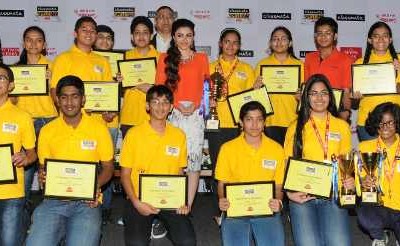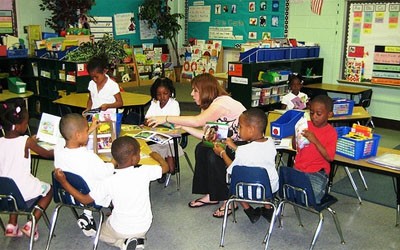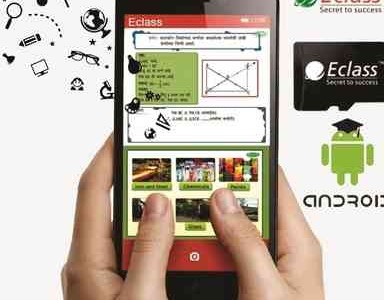
Poor Countries Join Hands to Achieve Education Goals

Poor Countries Join Hands to Achieve Education Goals
The E-9 countries – Bangladesh, Brazil, China, Egypt, India, Indonesia, Mexico, Nigeria, and Pakistan – are home to over half of the world’s population, two-thirds of the world’s illiterate adults and nearly one-half of the world’s out-of-school children and youth.
In most E9 countries, girls are still more likely to be out of school than boys, and young women still account for the majority of the illiterate youth population.
Given the size of their education systems and the scale of the challenges they face, progress in expanding equitable access to quality education in the E-9 countries is critical to the achievement of the global education goals and targets (SDG4).
[ Education Dilemma: Let Us Save the Lives of Our School Children ]
Overcrowded classrooms, lack of trained teachers, and low school enrolment are among the obstacles these countries have been working to overcome since the network was established in 1993 to promote the Education for All goals, the previous set of internationally agreed objectives in this area.
Launched in 1993, the E-9 Initiative is a networking platform for these nine-high population countries to share experiences in educational policy, exchange best practices and monitor progress.
UNESCO is the secretariat for this initiative and supports the coordination of the network, which has a rotating two-year chairmanship.
[ Donate – Free Schools for Poor Children ]
Ministers and senior representatives of these nine countries in the global South gathered in Dhaka, Bangladesh, from 5 to 7 February, 2017 to renew their cooperation, aligning it with the education targets and commitments of the 2030 Agenda for Sustainable Development adopted by the United Nations in late 2015.
The Dhaka event, hosted by the Government of Bangladesh, is the first E-9 Ministerial meeting since the adoption of the SDGs and the Education 2030 Framework of Action for the implementation of SDG4.
The new global education agenda spells out commitments to ensure at least one year of pre-primary education and a full cycle of quality primary and secondary education for all by 2030.
[ NITI Aayog to Improve Learning Outcomes for School Children ]
The ambitious agenda also aims to expand the equitable provision, both of early childhood care and education and post-basic education and training opportunities.
It will require that systems are in place to tackle bottlenecks in funding and effectively assess education progress, especially in relation to learning achievement and equity.
“Together, the E-9 countries represent a formidable transformational force,” said UNESCO Director-General Irina Bokova. “If together they champion the cause of education, progress across the whole 2030 Agenda for Sustainable Development will be achieved, and the entire world will benefit.”
The ministerial meeting provides an opportunity to build on the network’s experience and foster a common understanding of the implications of SDG 4 for national education legislation, policy, planning, financing, management, coordination and monitoring.
Photo courtesy: UNESCO


